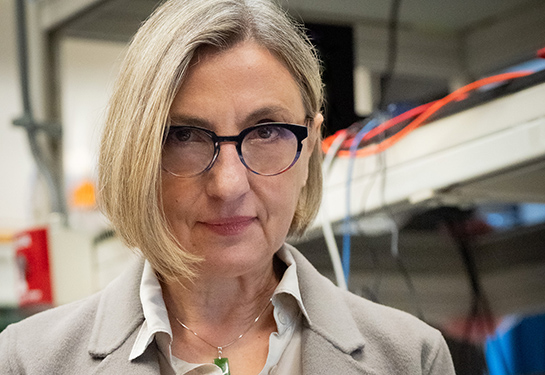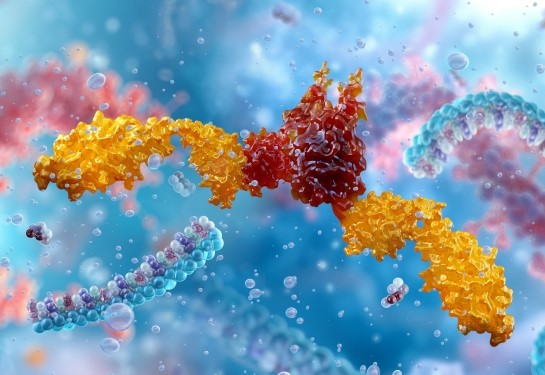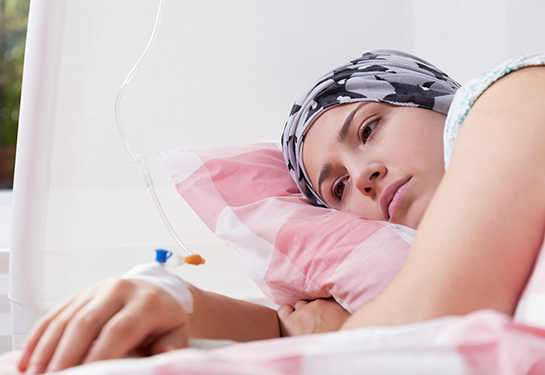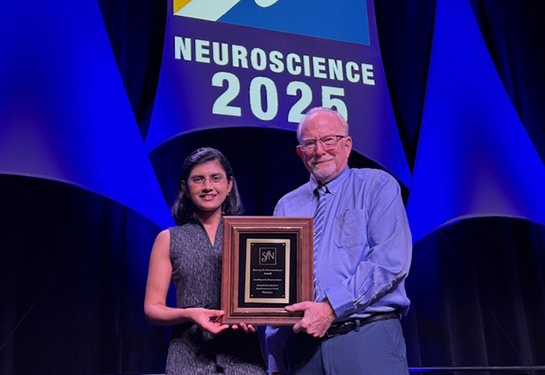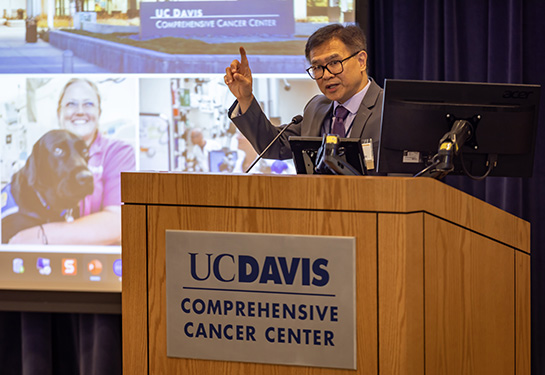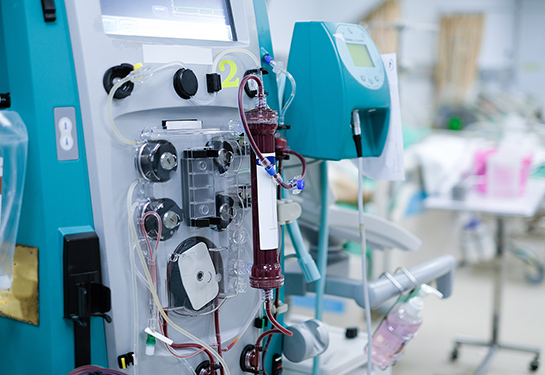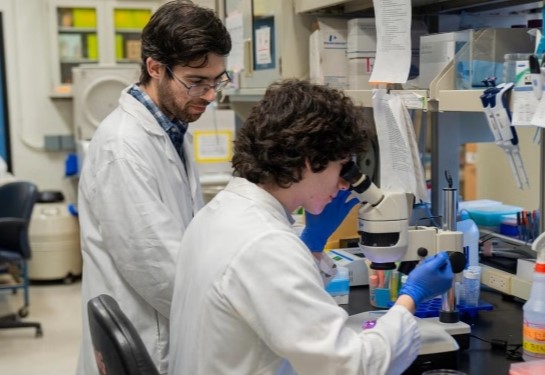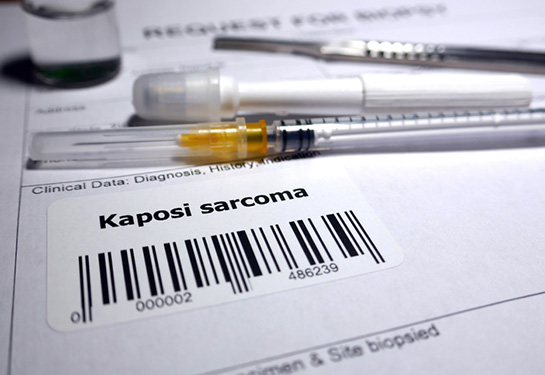-
January 07, 2026
When (and why) doctors might ask patients about guns
A new paper from researchers at the BulletPoints Project outlines why conversations about firearms belong in the exam room and how clinicians can approach the sensitive subject with their patients.
Read More
-
December 23, 2025
New trial at UC Davis Health shows promising results for rare liver disease
A new monoclonal antibody for a rare liver disease, primary sclerosing cholangitis, showed promising efficacy in a recent multicenter study led by UC Davis Health.
Read More -
December 22, 2025
New endowed professorship will expand impact of light-based technologies in health care
Laura Marcu, professor in the Departments of Neurological Surgery and Biomedical Engineering and director of NCIBT, has been appointed to the Endowed Professorship of Neurosurgical Research.
Read More -
December 15, 2025
Genetic testing saves lives — many don’t know they carry an inherited cancer risk.
UC Davis Health has launched a study to identify barriers preventing Latina breast cancer survivors from accessing or understanding genetic testing and counseling.
Read More -
December 10, 2025
Wendy Marie Campana appointed chair of Department of Cell Biology and Human Anatomy
Wendy Marie Campana has been appointed chair of the UC Davis Department of Cell Biology and Human Anatomy.
Read More -
December 03, 2025
New research shows species-specific ‘shedding’ may distort conventional testing of cancer drugs targeting TIGIT
A new study finds that TIGIT, an immune checkpoint receptor targeted by cancer immunotherapy drugs, triggers different responses in macaques and humans.
Read More
-
November 26, 2025
High risk of metastatic recurrence among young cancer patients
Study of 48,000 AYAs finds nearly 1 in 10 develop metastatic recurrence after non-metastatic cancer, highlighting urgent need for tailored survivorship care and early detection strategies.
Read More -
November 18, 2025
UC Davis launches major study on language development in children with Down syndrome
A new NIH-funded study led by Professor Angela John Thurman aims to build a roadmap for communication support for children with Down syndrome.
Read More -
November 17, 2025
New drug developed at UC Davis offers hope to bladder cancer patients
UC Davis Health researchers have developed a new drug with the potential to reduce chemotherapy side effects and spare patients from bladder removal surgery.
Read More -
November 17, 2025
The Society for Neuroscience honors UC Davis researcher with top early career award
UC Davis neuroscientist Maitreyee Wairagkar was awarded The Society for Neuroscience’s early career award, in recognition of her outstanding research on brain-computer interface.
Read More -
November 10, 2025
Low choline levels in the brain associated with anxiety disorders
UC Davis Health researchers found that levels of choline, an essential nutrient, are about 8% lower in the brains of people with anxiety disorders.
Read More
-
October 21, 2025
Physician and gun violence prevention expert Garen Wintemute inducted into National Academy of Medicine
The nationally recognized expert in gun violence prevention and pioneer in the field of injury epidemiology was inducted into the National Academy of Medicine Oct. 18.
Read More -
October 20, 2025
Federal contract for up to $40 Million fuels research to revolutionize clean indoor air and defend against next pandemic
A new project led by Virginia Tech and including UC Davis researchers will develop sensor systems that can act as a "smoke alarm" for indoor air contaminants such as allergens, viruses or mold spores.
Read More -
October 15, 2025
What's at stake with federal research funding cuts
From Labs to Lives highlights the life-changing impact of federally funded research at UC Davis from medicine to food, agriculture to technology.
Read More -
October 15, 2025
UC Davis receives federal grant to support research for medical and veterinary residents
UC Davis has received the nation’s first federal R38 grant to boost training for residents in both internal medicine and veterinary medicine.
Read More -
October 14, 2025
Scientists gather to share cancer research findings
The 31st Annual Cancer Research Symposium was hosted by UC Davis Comprehensive Cancer Center last week, highlighting exciting new discoveries.
Read More -
October 08, 2025
Shunt surgery leads to fewer falls in older adults with hydrocephalus
A landmark study shows shunt surgery significantly improves walking and balance in older adults with hydrocephalus, offering hope and restoring independence.
Read More -
October 08, 2025
A lifesaving dialysis option for critically ill children
UC Davis Health pediatric nephrologists published research in the journal Indian Pediatrics that outlines how continuous renal replacement therapy can benefit critically ill children.
Read More -
October 03, 2025
Newly recognized pathway could protect diabetics from hypoglycemia
A new study by the University of California, Davis, shows how cells work together to avoid a sudden drop in blood sugar.
Read More -
October 03, 2025
Genetic “Trojan horse” selectively kills cancer cells linked to Kaposi’s sarcoma
Cancer center researchers developed a safer, more targeted gene therapy to kill cancer cells linked to a common herpesvirus — potentially transforming treatment.
Read More




